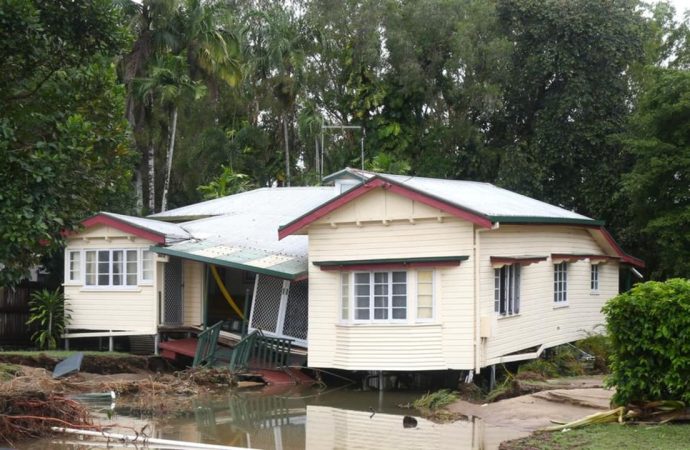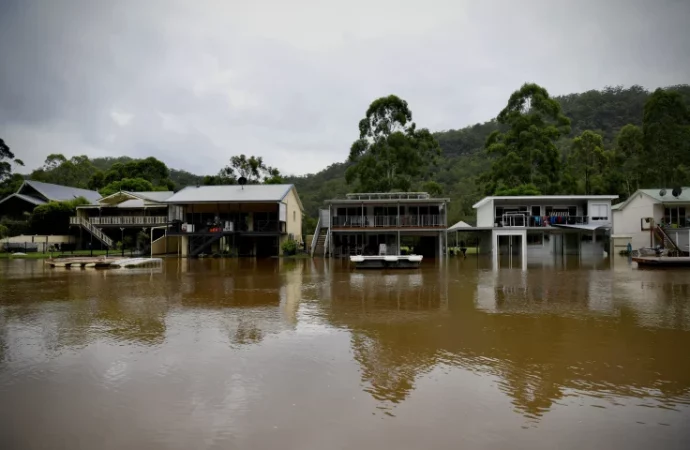Introduction The recent flood has left a trail of devastation in its wake, impacting not just homes and businesses but the lives of tenants, landlords, and real estate professionals alike. In this comprehensive guide, we explore avenues of assistance for those affected, offering support, resources, and collaborative solutions for rebuilding communities. Immediate Relief for Tenants
Introduction
The recent flood has left a trail of devastation in its wake, impacting not just homes and businesses but the lives of tenants, landlords, and real estate professionals alike. In this comprehensive guide, we explore avenues of assistance for those affected, offering support, resources, and collaborative solutions for rebuilding communities.
Immediate Relief for Tenants
Financial Assistance:
- Connect with local and national relief funds offering financial aid to those displaced by the flood.
- Reach out to government agencies providing emergency grants and housing assistance.
Temporary Housing Solutions:
- Explore temporary housing options provided by local shelters, community organizations, and government agencies.
- Leverage online platforms connecting tenants with available temporary accommodations.
Legal Aid:
- Seek legal assistance for understanding tenant rights and responsibilities during natural disasters.
- Investigate local initiatives providing pro bono legal support to tenants affected by the flood.

Image by: https://www. real estate.com
Support for Landlords
Property Rehabilitation:
- Investigate government programs offering financial assistance or low-interest loans for property rehabilitation.
- Connect with local contractors and builders participating in post-disaster recovery initiatives.
Communication Strategies:
- Establish open lines of communication with tenants to discuss temporary housing solutions and lease adjustments.
- Collaborate with local authorities to keep tenants informed about community-wide recovery efforts.
Insurance Guidance:
- Work closely with insurance providers to expedite claims and navigate the insurance process.
- Seek information on government-backed insurance programs available for properties affected by natural disasters.
Resources for Real Estate Professionals
Community Rebuilding Initiatives:
- Participate in local community rebuilding projects, fostering collaboration with other real estate professionals and stakeholders.
- Explore partnerships with non-profit organizations focused on long-term community development.
Education and Training:
- Access workshops and training programs on disaster preparedness and recovery for real estate professionals.
- Stay informed about changes in regulations and policies related to post-disaster real estate transactions.
Mental Health Support:
- Recognize the emotional toll of natural disasters and seek mental health resources for both professionals and clients.
- Foster a supportive community within the real estate industry to share experiences and coping strategies.
Conclusion
As we collectively navigate the aftermath of the flood, it’s crucial for tenants, landlords, and real estate professionals to come together in solidarity. By accessing available resources, engaging in open communication, and actively participating in community rebuilding efforts, we can not only rebuild physical structures but also strengthen the bonds that make our communities resilient in the face of adversity.

















Leave a Comment
Your email address will not be published. Required fields are marked with *